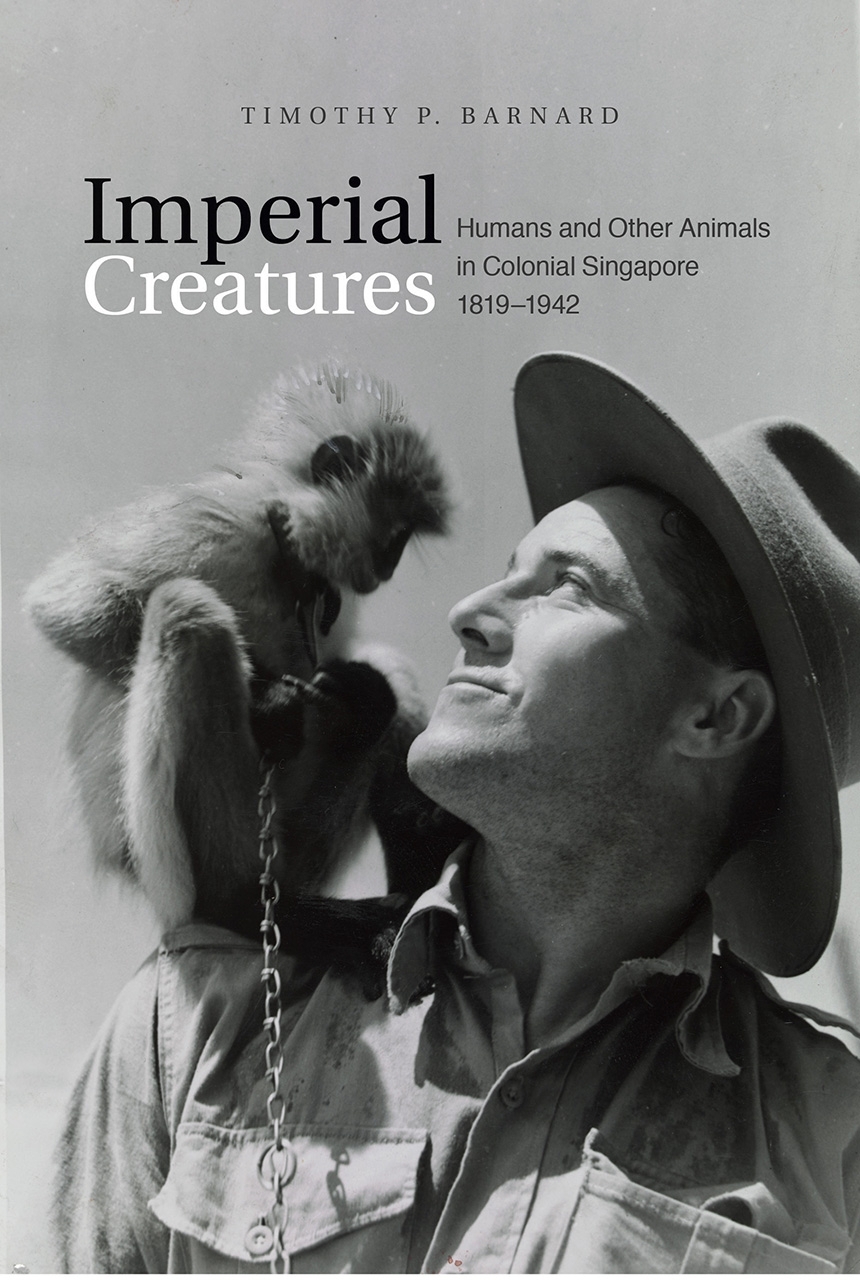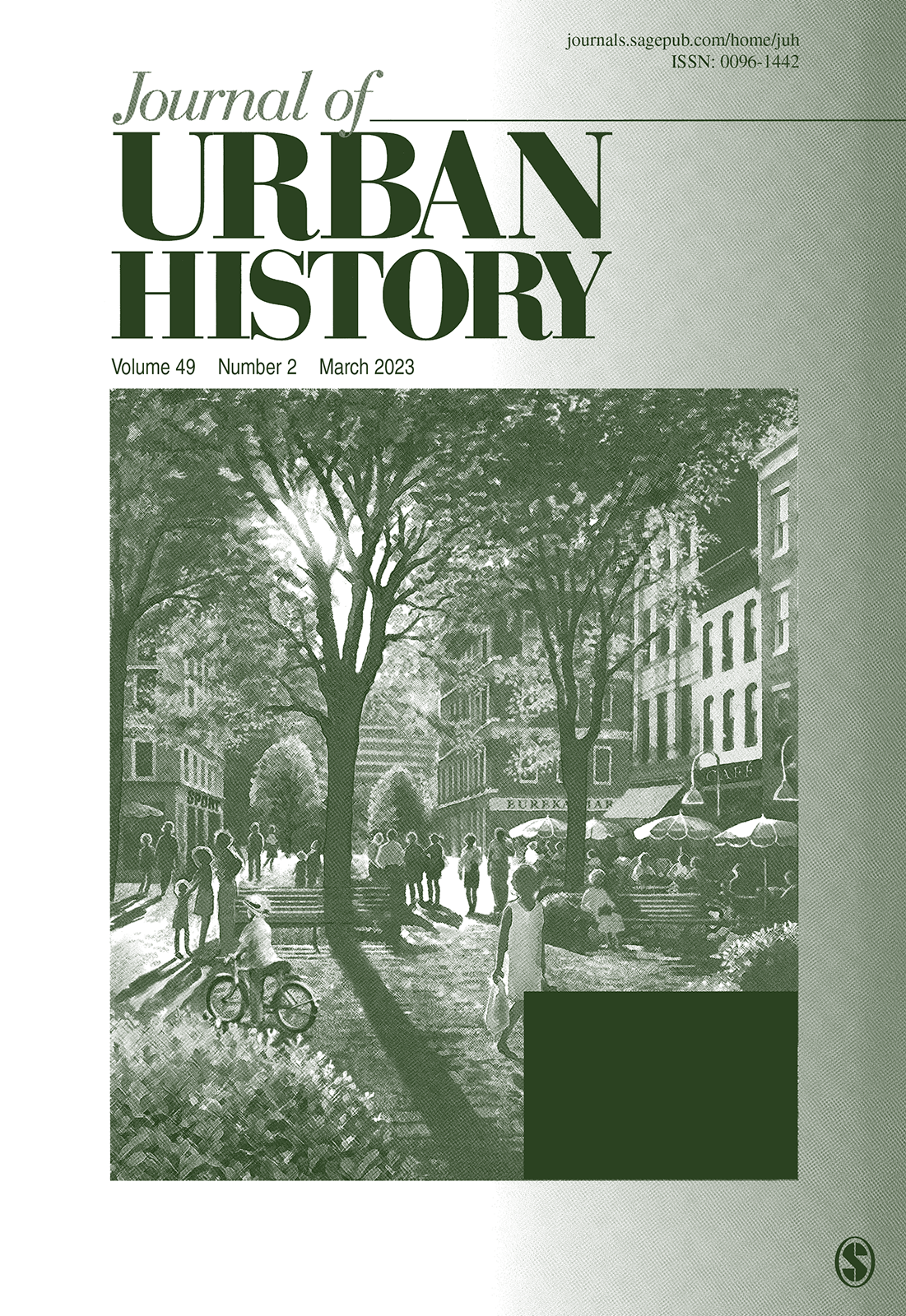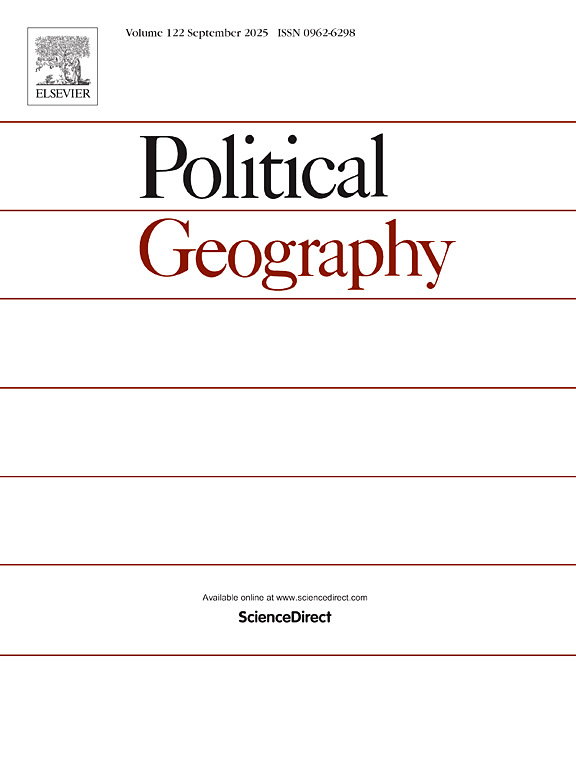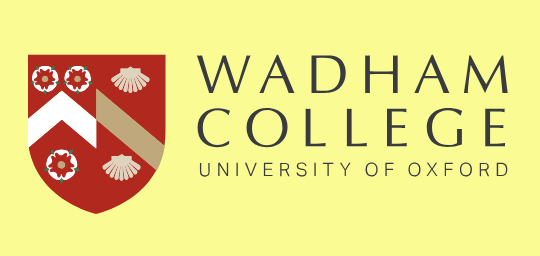Vol. 71, October 2025
Have you published something new in Global Urban History? Are you hosting a conference, workshop, or event? We'd like our members to know!
GUHP is a member-supported organization.
| Member Spotlight:
Two New Special Journal Issues in Global Urban History | Special Urban History Journal Issue
We are very excited to announce that a new special issue in Urban History has been published, titled "Bridgeheads and Breakwaters: The Socio-Environmental History of Port Cities after the Global Turn," edited by GUHP members Michael Goebel, Christian Jones, Yorim Spoelder, and Xinge Zhai and featuring work by GUHP members Michael Yeo, Lucia Carminati, Adrián Lerner Patrón, Guadalupe García, Cyrus Schayegh, Anindita Ghosh, and Ademide Adelusi-Adeluyi.
You can read an article about the making of the Special Issue by Christian Jones on our blog. | Special Urban History Journal Issue
We’re delighted to announce the publication of a new special issue of Urban History, titled “Empires and Cities.” Edited by GUHP member Cyrus Schayegh, the issue features contributions from Dries Lyna, Michael Thornton, Taoyu Yang, Anna Ross, and Stephen Legg, all GUHP members exploring urban and imperial histories from global perspectives.
|
Informal Cities: Histories of Governance and Inequality in Latin Europe, Latin America, and Colonial North Africa
Edited by Charlotte Vorms and Brodwyn Fischer
(University of Chicago Press, 2025)
Over a quarter of the world’s urban population lives in informal settlements. While informality as a concept has been widely debated, we still know very little about the phenomenon’s urban history or how that history has shaped the evolution of world cities. Spotlighting the historical processes that have created and sustained urban informality for more than a century, editors Charlotte Vorms and Brodwyn Fischer and this volume’s contributors reveal informality as an intrinsic feature of urbanity, shaping not only cities across the globe but also deeper processes of state formation, socioeconomic stratification, and political struggle...[more]
| | |  | | Imperial Creatures: Humans and Other Animals in Colonial Singapore, 1819-1942
By Timothy P. Barnard
(University of Chicago Press, 2019)
One of the areas of fastest-growing interest in the humanities and social sciences in recent years has been the history of animals. Imperial Creatures fills a gap in that field by looking across species at animals in a urban colonial setting. If imperialism is a series of power relationships, Timothy P. Barnard argues, then it necessarily involves not only the subjugation of human communities, but also of animals. What was the relationship between those two processes in colonial Singapore? How did interactions with animals enable changes in interactions between people? Through a multidisciplinary consideration of fauna, Imperial Creatures weaves together a series of tales to document how animals were cherished, monitored, employed, and slaughtered in a colonial society. All animals, including humans, Barnard shows, have been creatures of imperialism in Singapore. Their stories teach us lessons about the structures that upheld such a society and how it developed over time, lessons of relevance to animal historians, to historians of Singapore, and to urban historians and imperial historians with an interest in environmental themes....[more]
| | | | The Architecture of the Wire: Infrastructures of Telecommunication
By Carlotta Darò Translated by Christian Hubert
(MIT Press, 2025)
The Architecture of the Wire explores the development of telecommunications infrastructure and its impact on the architectural and urban culture of the modern age—from poles, wires, and cables, to “micro-architectures,” such as the théâtrophone and the telephone booth. Starting with the intrepid worldwide infrastructures of the late nineteenth century, Carlotta Darò proposes a new history that explores the multiple links and crossroads of such technical “things” with architecture and art. Based on extensive research of North American company archives, and French institutional ones, and drawing on secondary literature in art and architectural history, media studies, and the history of technology, Darò examines the aesthetic implications of material objects that have forever changed our urban, rural, and domestic environments....[more] | | | | Introduction: Writing the History of Port Cities After the Global Turn
By Christian Jones and Yorim Spoelder
Urban History (September 2025)
The steam-driven transport revolution of the late nineteenth and early twentieth centuries dramatically altered the geography of globalization, fuelling rapid urbanization at an unprecedented scale in port cities across the globe. Whereas global historians have primarily studied port cities because of their function in globe-spanning networks, this special issue explores the intersection of global and urban history from a socio-environmental perspective. Crucially, the contributions to this issue underline that the creation of port cities, and their social histories, must be understood in relation to local landscapes, both built and natural, and their transformations over time...[more]
| | |  | | Beyond Dynasties: An Alternative Periodization of Islamic Built Environments--Interplay of Power, Jurisprudence, and Knowledge
By Abeer Allahham
Journal of Urban History (September 2025)
By adopting Western historiographical methods, Orientalists applied a linear system of periodization to the study of Islamic architecture and urbanism. This approach segmented Islamic history according to ruling dynasties (Rashidun Caliphate, Umayyad, Abbasid, and so forth) rendering it fragmented and disjointed, despite its coherence within the broader unifying framework of Islam. Emphasizing the physical architectural end products over the underlying mechanisms that shaped them, each dynastic period was associated with a distinct architectural style. Yet, does this mode of periodization align with the actual history of Islamic architecture? This paper seeks to move beyond the Orientalist approach of dynastic-based periodization by proposing an alternative framework grounded in the actual mechanisms of built environment production across Islamic history. It examines how transformations in political power, jurisprudence, and knowledge intersected to shape built environments across Islamic history...[more]
| | |  | |
Cabling and un-cabling Palestine/Israel: Toward a theory of cumulative infrastructural injustice
By Yara Sa’di-Ibraheem and Shira Wilkof
Political Geography (January 2025)
Although urban infrastructure is designed to last for many decades and is characterized by its extensive lifecycle, it is typically studied through specific events or effects occurring within a narrow timeframe. What this restricted temporal perspective fails to capture is the enduring patterns through which infrastructural injustice, discrimination and exclusion build over time. To address this lacuna, recent studies, especially those focusing on colonial settings, have adopted a longitudinal perspective. In this article, however, we push the longitudinal perspective further, arguing that more than merely unveiling resemblances, reemergences, or continuities in power relations, it also allows us to (1) reveal the interconnections between different forms of infrastructural injustice across successive regimes and (2) understand the cumulative impact of these inequalities over time. Thus, we propose the concept of ‘cumulative infrastructural injustice’ to enable us both to identify diverse forms and mechanisms of infrastructural injustice that, in the aggregate, result in the continuity of discrimination, disenfranchisement, and racial hierarchies within various regimes and contexts, especially in colonial contexts; and to assess their cumulative impact....[more] | | | | Symposium: Challenging maps and exploration
Royal Geographical Society
London and online
October 30, 2025
Join us for a day of expert panels discussing the connections, historical and contemporary, between maps and exploration. This event is generously sponsored and co-organised by the Sunderland Collection. For each panel, speakers will present their thoughts on the theme via one or more maps. Then, the chair will lead the speakers through a discussion of the topic, followed by questions from the audience. At lunch, a table-top display of relevant maps will be shown in the Foyle Reading Room. The panels will be filmed and made available online at oculi-mundi.com after the event...[more]
| | | | Symposium: Are you Planning or Planned For?
UNC College of Arts and Sciences
UNC and online
November 17, 2025, 1-2:30pm
Join this webinar to hear three authors share historical perspectives on who gets to shape our cities and regions:
Emily Lieb, author of Road to Nowhere: How a Highway Map Wrecked Baltimore (University of Chicago Press, 2025)
Stephen J. Ramos, author of Folk Engineering: Planning Southern Regionalism (UNC Press, 2025)
Andrew H. Whittemore, author of The Power to Plan: Property Owner-Occupiers Shaping Greater Boston, 17th to 21st Centuries (expected 2026)...[more]
| | | | Workshop: "Rethinking Gender in Inter- and Transimperial Contexts"
University of Freiburg, Germany
January 16-17, 2026
This two-day workshop brings together approaches that move beyond the metropole–periphery framework to examine how gender functioned in inter- and transimperial contexts. How did actors from different empires use gendered codes and behaviors in their interactions, and to what ends? Did they adopt certain gendered logics to gain recognition as imperial peers? In what ways did gender serve as a threshold for legitimacy and agency? Through such questions, the workshop highlights gender as a constitutive element of imperial power and identity—shaped by, and shaping, interactions across and beyond individual empires...[more]
| | |  | | Workshop: "Cities and Decolonization: Anti-colonial Struggles, Urban Protest, and Global Solidarities"
Oxford, UK
March 19-20, 2026
The aim of the workshop is to reassess the relationship between the city and the struggle for decolonization in the colonial world. It brings together scholars examining anti-colonial movements in specific urban contexts in the twentieth century. The workshop seeks to foster dialogue on the relationship between anti-colonial protests and colonial cities in Africa and Asia, exploring how these struggles were shaped by diverse social groups, the spatial organization of urban environments, and the tensions between competing visions of anti-colonial practice. What role did cities play in shaping the dynamics of twentieth-century decolonization? This question continues to captivate scholars across disciplines. Contemporaries perceived revolutionary movements as originating from urban hubs and radiating outward into rural regions. Aristide Zolberg evocatively characterized anti-colonial movements as “creatures with a relatively large head in the capital and fairly rudimentary limbs.”[1] In contrast, postcolonial thinkers like Frantz Fanon, significantly influenced by Marxist scholarship, insisted that “the peasants alone are revolutionary.”[2] Historian Raymond Betts proposed a nuanced interpretation, suggesting anti-colonial movements were simultaneously “rooted in the countryside and grounded in the city...[more]
| | | Calls for Papers & Proposals |
CFP: 21st Biennial Conference of the International Planning History Society (IPHS)
International Planning History Society Conference 2026: Atlanta Crossroads
Georgia Institute of Technology/University of Georgia
What does planning history mean today? Who speaks it, writes it, sings it, paints it—and for whom? Sir Peter Hall once suggested that planning history served primarily to counter the short institutional memories of planning bodies. Today, the field increasingly pushes beyond those boundaries, exploring broader, more inclusive narratives of governance that intersect public, private, and civil sectors. IPHS 2026 invites scholars from across the globe to share and debate these evolving perspectives through papers, plenaries, roundtables, and more. Coming just after Atlanta helps host the 2026 FIFA World Cup, the conference will feature keynote addresses, scholarly sessions, mobile city tours, shared meals, and informal exchanges—making it a true “World Cup” of planning history scholarship...[more]
|
CFP: Session "Good Governance and Urban Conflict in Late Medieval and Early Modern Cities in Europe and Beyond"
EAUH Conference, Barcelona, Spain
September 2-5, 2026
Session organizers: Cédric David Napolitano (Utrecht University), Àngel Casals (Universitat de Barcelona), Minne De Boodt (UCLouvain and KU Leuven Universities), Darko Darovec (Institure IRRIS, Marezige, Slovenia)
This session proposes a critical examination of principles of good governance in the world of city politics, juxtaposed with the practices that fostered and managed conflict within urban environments. It aims to bring together specialists from different fields for an integrated and globally informed discussion of good governance and urban conflict across cities in Europe, the Middle East and Asia (13th-17th centuries). What made for “”good governance”” in Medieval and Early Modern cities? More than the promotion of specific institutional forms, it was its success in managing a diverse community that truly defined effective governance. Citizens, for example, articulated sophisticated ideas about justice or the common good. They crafted elaborate guidelines for urban governors, experimented with various forms of associative life, and reshaped urban space, all in an attempt to realize good urban governance...[more]
Submission deadline: October 22, 2025
|
CFP: Roundtable "Shaping Global Urbanization: Expert Networks in the Mid-Twentieth Century"
EAUH Conference, Barcelona, Spain
September 2-5, 2026
Session organizers: Cédric Feriel (University Rennes 2, Société Française d’Histoire Urbaine), Rosemary Wakeman (Fordham University, New York)
When is it possible to speak of global expertise and a network of experts dealing with global urbanization? This session will examine the importance of the mid-20th-century turning point on this question, based on wartime and postwar, reconstruction, urban crisis and planning, colonial/postcolonial, resource extraction and environmental issues.
We will consider:
- Life trajectories and careers of experts. How many of the experts on “global urbanization” after 1945 began their careers in colonial administration? How many came from European or transatlantic city networks? Many were also deeply involved in urban issues in their own countries. How did they combine these two scales in their practices and projects?
- Continuity and renewal of issues. While the issues on the international agenda changed significantly after 1945 (state building, urban crisis and planning, resource extraction and environment), can we trace the continuity of solutions proposed before the war?...[more]
Submission deadline: October 22, 2025
|
CFA: Session "Making Cities Visible. Global Perspectives on Urban Image-Production and Circulation (19th -20th centuries)"
EAUH Conference, Barcelona, Spain
September 2-5, 2026
Session organizers: Christina Reimann (University of Gothenburg), Malte Zierenberg (Humboldt-University Berlin)
Since the age of printmaking and boosted by photography, cities have been hubs for producing and distributing images locally and globally. This panel explores the urban imprint of the making of a ‘society of images’ by examining international visual discourses and local peculiarities, and by challenging Western-centric views on urban modernity...[more]
Submission deadline: October 22, 2025
|
CFA: Session "Rethinking modern urban infrastructures in the light of the Anthropocene (19th/21th century)"
EAUH Conference, Barcelona, Spain
September 2-5, 2026
Session organizers: Christoph Bernhardt (HU Berlin) and Nathalie Roseau (ENPC, LATTS Paris)
The contribution, over the last three centuries, of urbanization processes (technical, social, economic, political, cultural) to the “Anthropocene” - that is to say, the alteration of the biosphere by human activities, which is showing dramatic consequences for the planetary environmental boundaries – calls for a rethinking of approaches and subfields of urban history through the prism of the Anthropocene. Although the term “Anthropocene” is contested in public and scientific debates, the transdisciplinary controversies on this issue over the past two decades can help to reformulate research questions to urban history and to innovate established concepts in urban political, cultural and environmental history. In this perspective, the session focuses on urban infrastructures, and invites to reexamine the
emergence and ecological footprint of urban networks (water, mobility, energy, waste, data, etc.) in their spatial and material scales, their socio-political configurations, and their human and non-human agencies. Contributions, grounded in empirical research, are expected to promote the interference of the fields of urban history and Anthropocene issues....[more]
Submission deadline: October 22, 2025
|
CFA: Session "Knowledge in Interurban Transit. Networks, Actors, and Agencies"
EAUH Conference, Barcelona, Spain
September 2-5, 2026
Session organizers: Heidi Hein-Kircher (Herne/Bochum) and Oliver Hochadel (Barcelona)
The urban space of the modern city was characterized by a high concentration of short-distance relations, multi-directional exchanges within and the acceleration of movement and communication. This session focusses on interurban knowledge exchange and its networks. The “densification” within the city and the numerous social challenges were instrumental for the development of new fields of “applied urban knowledge” such as urban planning, hygiene and cultural infrastructures so that the inherent dynamic of the urban space and the production of applied urban knowledge entered a dialectic relationship. Hence, knowledge became key for urban development. Disregarding national borders, urban reformers in different cities became increasingly aware that they were facing similar problems with respect to public health and urban planning. Many city councils reached out to other cities all over Europe or even globally in order to modernize their own city. Such solutions were sought after in the form of “best practices” from other urban contexts, which were considered as “recipes for success”. This distinctly pragmatic approach also promised to avoid errors that had been committed elsewhere, while being “late” or “backward” might turn out to be advantageous, and could be used by reformers rhetorically as political leverage to demand new technologies or urban planning concepts. Urban knowledge was permanently altered, combined, hybridized and adapted to fit the specific needs and circumstances of a city...[more]
Submission deadline: October 22, 2025 | Fellowships, Grants, & Awards | | Slavery Archive Book Prize 2025
The #Slaveryarchive Book Prize recognizes an outstanding book on the history of the Atlantic slave trade and slavery exploring any dimension, period, and geographical area, published in any country in English, French, Portuguese, or Spanish. Books with copyright dates between January 1, 2025, and December 31, 2025 are eligible. Edited books and new editions of books previously published will not be considered. The deadline for submissions is February 15, 2026. Three finalists will be announced in September 2026 and the winner will be announced in October 2026...[more]
Application deadline: February 15, 2026
| | | |